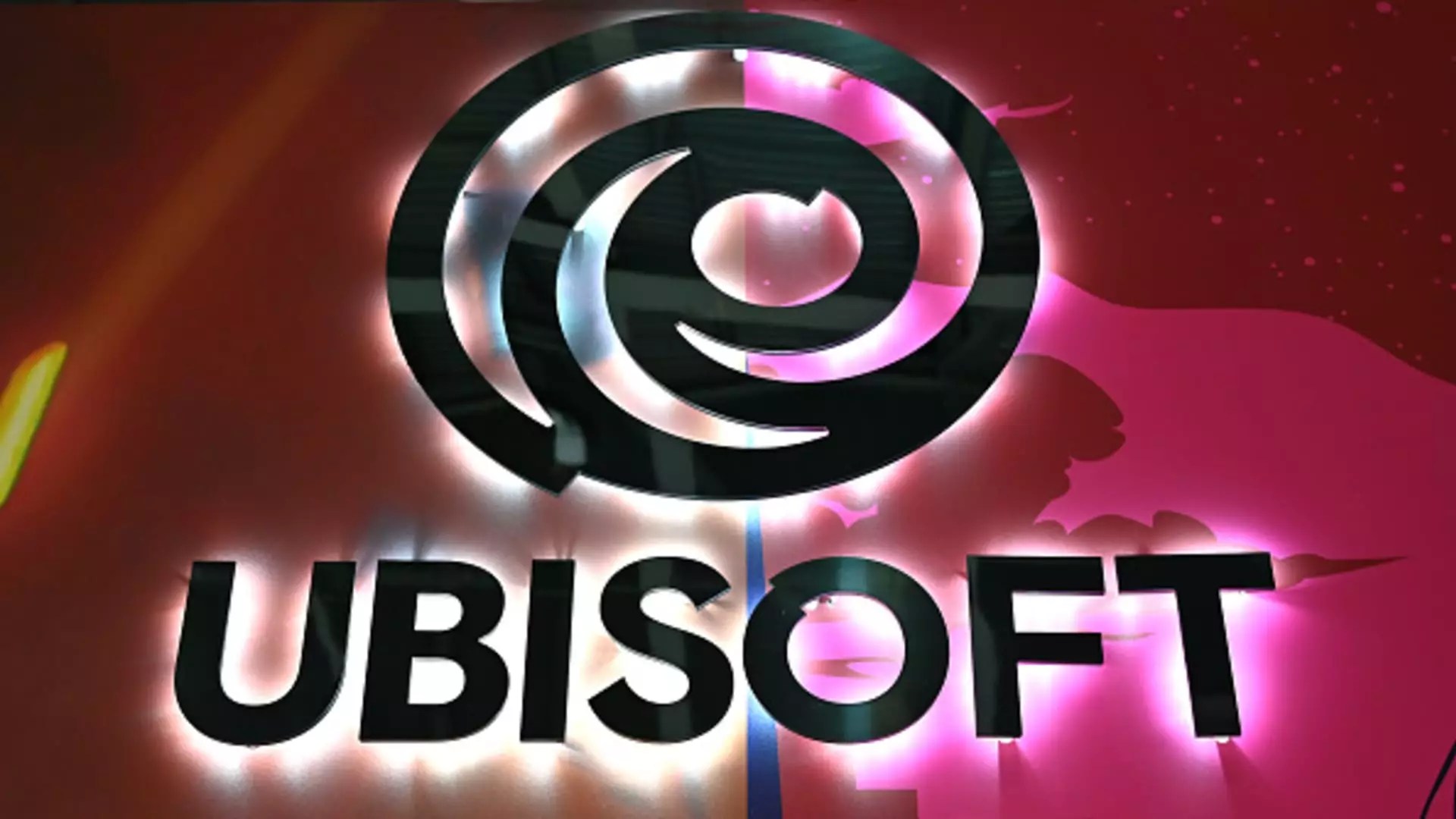Ubisoft, a notable name in the gaming industry renowned for titles like “Assassin’s Creed,” saw its stock soar over 30% following reports of potential buyout discussions between Tencent and the Guillemot family. This surge, driven by speculation and investor interest, forms part of a broader narrative in which the Paris-based publisher is seeking to navigate a tumultuous market landscape that has resulted in a staggering drop in its market value. The context here is crucial; as gaming revenues wane in a saturated market, strategic partnerships and potential buyouts become enticing pathways for recovery.
The recent jump in Ubisoft’s stock price can arguably be attributed to a combination of strategic maneuvering by minority stakeholders and the urgent need for transformative action within the organization. With Tencent owning around 10% of the company—expectedly eager to deepen its involvement—there seems to be a clear alignment of interests between these parties. The Guillemot family, as founders and existing shareholders, likely recognizes the necessity of such a move to protect both their legacy and financial stakes.
Ubisoft’s current predicament is not merely a reflection of its internal dynamics but is also symptomatic of broader industry trends. Recent investor jitters stem from a perceived shortage in high-quality, triple-A titles. Just last week, Ubisoft announced the postponement of “Assassin’s Creed Shadows,” citing inadequate demand for its preceding title, “Star Wars Outlaws,” released just prior. Such decisions underline the company’s struggle to meet market expectations, an aspect that has led to a downward spiral in investor confidence.
This turmoil raises questions about the leadership and strategic direction of Ubisoft. With management openly admitting to operational failures and a misalignment with consumer demands, calls for a shift in leadership have become increasingly vocal. AJ Investments, an activist firm, is leading the charge, rallying support for a more radical restructuring, including calls for a sell-off to private equity groups or a strategic ally like Tencent. This situation introduces an additional layer of complexity as shareholders weigh the risks of maintaining the status quo against the potential rewards of a buyout.
The backdrop against which these discussions unfold is far from favorable. Insights from market analysts, including those from Peel Hunt, suggest consumers are increasingly resorting to playing established titles rather than splurging on new releases. This trend can be attributed to a myriad of factors including rising living costs and an oversupply of choices, which has diluted the revenue potential of new games across the board. The gaming industry, amid expectations of grim growth rates—projected at just 2.1% in the upcoming year—faces a clear challenge as publishers scramble to dynamically respond to shifting consumer behaviors.
As the marketplace grows ever more competitive, the burden of innovation weighs heavily on companies like Ubisoft. The need to produce engaging content that captures the attention of a fragmented audience is paramount. If Ubisoft’s leadership does not act swiftly, the situation could spiral further out of control, attracting even harsher scrutiny from financial stakeholders and consumers alike.
What lies ahead for Ubisoft remains uncertain, particularly if a partnership with Tencent is realized. Such a buyout could potentially provide the company with the capital and strategic input needed to reestablish its footing within the gaming arena. A shift from public to private ownership may allow for more governmental agility, enabling the company to pivot its approach without the constant pressures of public market scrutiny.
Ultimately, Ubisoft’s saga reflects not just its internal struggles but also the broader challenges facing the gaming industry. The interdependencies between shareholder expectations, management efficacy, market trends, and the ever-evolving landscape of consumer preferences will dictate the future direction of both Ubisoft and its competitors. The next moves made by the company, whether through a buyout or a transformative internal shift, will be crucial in determining its resilience in an increasingly demanding world.


Leave a Reply